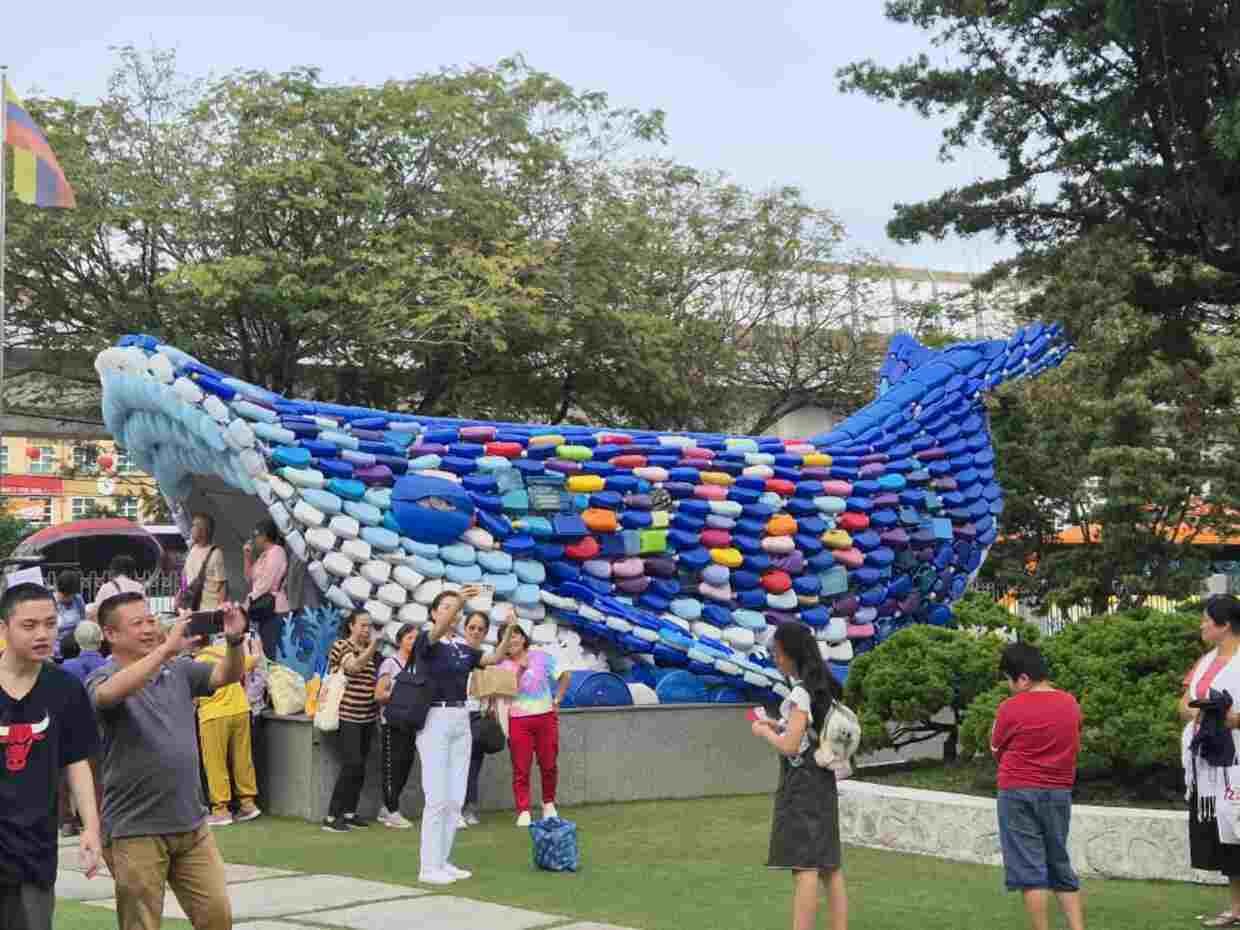Enter the estates of Tanjung Sepat and you’ll find a showcase of pigs, only that many of them are not alive.

“It all started in 1968, when the estate was sold off, and subsequently pig farm owners came to this estate,” says a Tanjung Sepat resident, who does not want to be identified.”
The resident also remembers Morib beach once had mangrove trees, but is now abandoned and virtually stripped naked of all its beauty.
“The pig carcasses go straight into the waters over there. At least now [the dumping] has been reduced,” he adds.
He says that when the government had introduced regulations not to let pig waste be channelled raw into the waterways, the damage seemingly had already been done, and the beach needs a massive rehabilitation to make it what it once was.
The middle-aged Indian interviewee gets onto his motorcycle and takes video journalist Arvind Raj on a little ‘tour’ around the pig farms.
The first striking image: a pyre for dead pigs, around which also scattered old tyres, which are also burned. It is the ‘smelliest of the lot’, says our interviewee.
We ride very close to a pig farm: there are pigs ready for slaughter and slaughtered pigs, whose body parts are dumped around recklessly.
The matter has apparently come to government attention but the efforts undertaken by the authorities, if any, have produced minimal results.
“They came out with a measurement to rear pigs in a safe manner, and they wanted to relocate the pig farms. But the owners refuse to relocate because they are being offered much smaller farming space there,” says our interviewee.
“I am not against pig farms, but they should [be located away from populated areas,” he notes.
A female resident tells us that her relatives will not visit, due to the smell.
Fellow citizen Raymond Tan thinks that it will take many years to repair the damage to the beach.
“The people swimming in Morib are not aware of this,” he warns.
The unhygienic pig farms also expose the residents to the threat of infection by the Japanese encephalitis virus.












